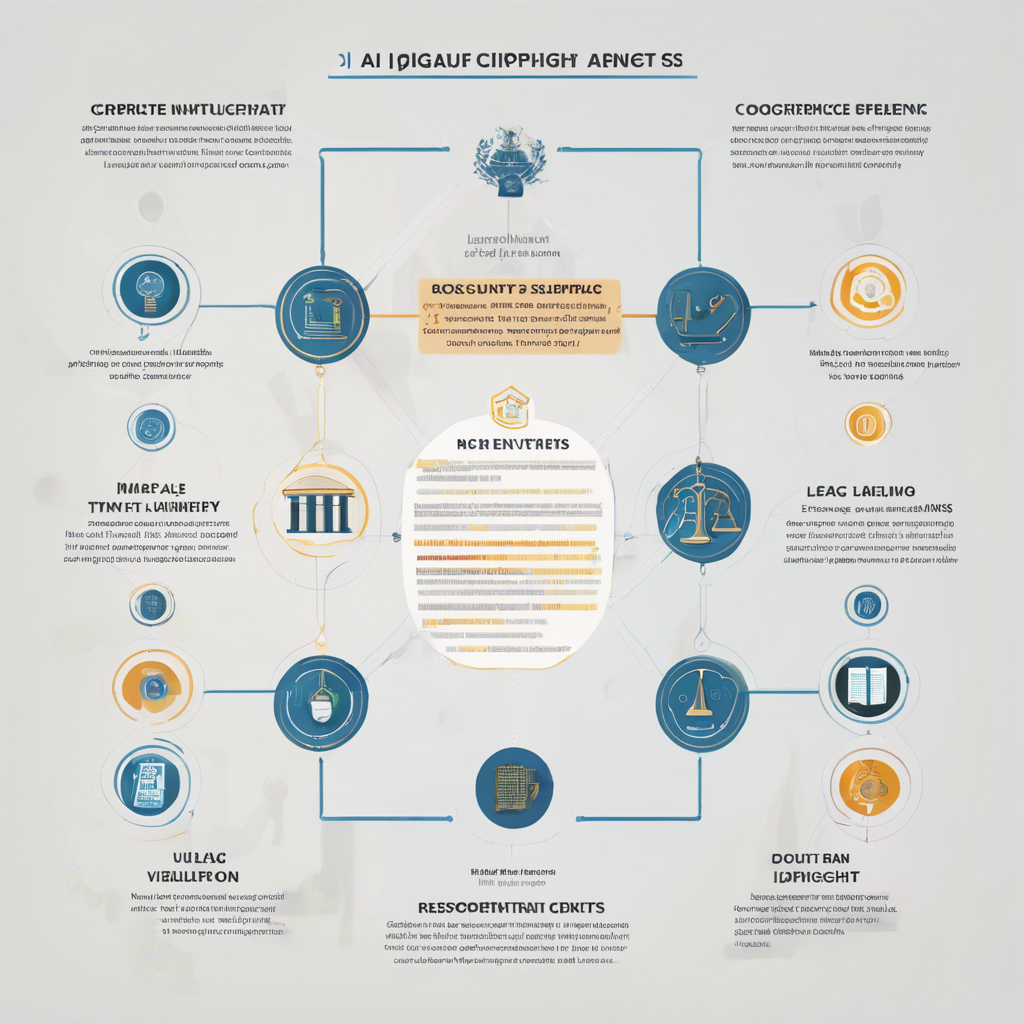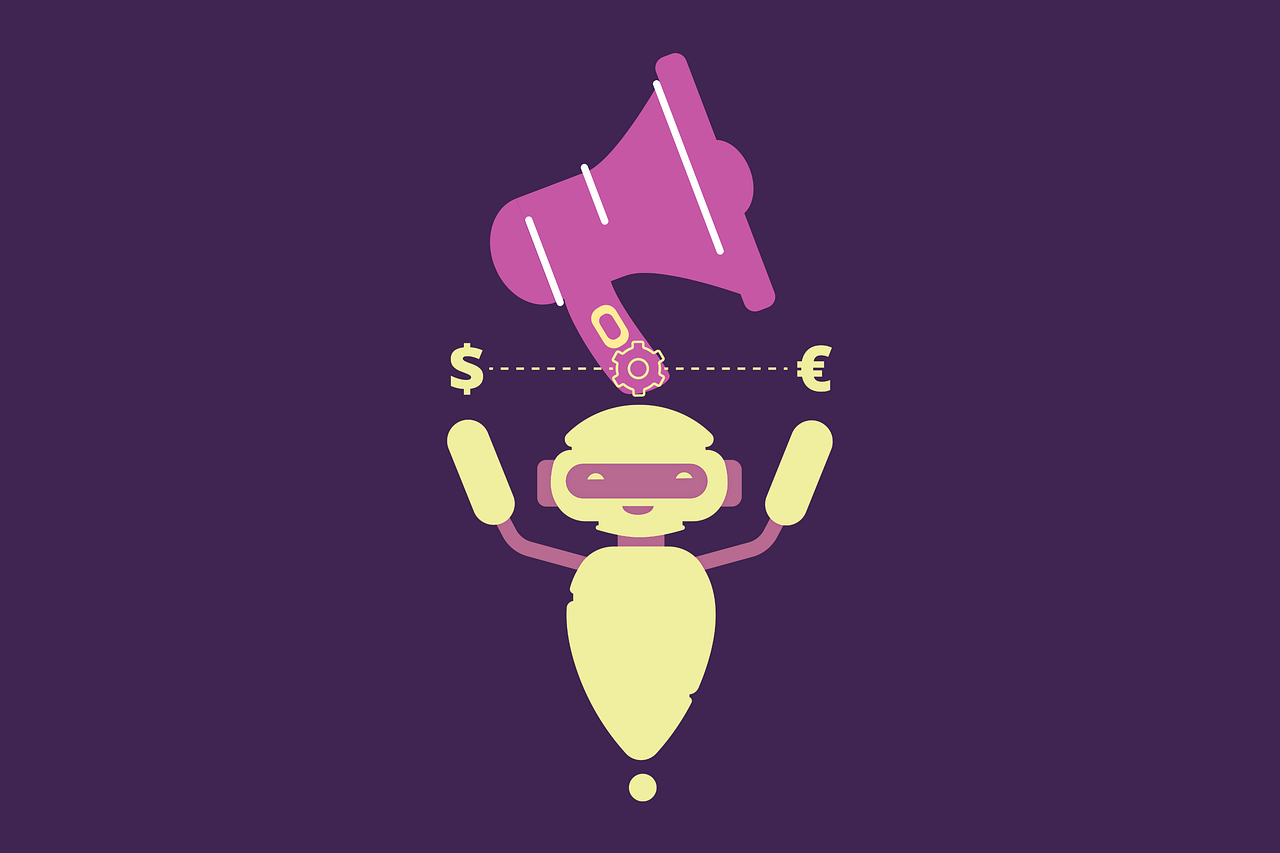Thomson Reuters vs. Ross Intelligence: Early AI Copyright Battle

Brief news summary
In May 2020, Thomson Reuters sued Ross Intelligence, accusing the AI startup of violating US copyright law by using Westlaw content. Initially overshadowed by the pandemic, the case now highlights potential future conflicts between content publishers and AI companies. These disputes could reshape the information landscape and AI sector, affecting global internet users. Since that case, numerous copyright lawsuits have been filed against AI firms by authors, artists, media outlets like The New York Times, and music companies such as Universal Music Group. Plaintiffs claim AI companies are using their works without permission or compensation, equating it to theft. AI firms often respond by invoking "fair use," arguing it allows them to use these works for AI development. Big tech companies like OpenAI, Meta, Microsoft, Google, Anthropic, and Nvidia are involved in these legal battles. WIRED monitors these cases, offering analyses and visualizations of the parties involved and the ongoing proceedings.In May 2020, Thomson Reuters, a media and tech conglomerate, filed a lawsuit against Ross Intelligence, a small legal AI startup. The allegation was that Ross Intelligence had breached US copyright law by using materials from Westlaw, Thomson Reuters' legal research service. Initially, the case received limited attention outside the niche community focused on copyright laws. However, it's now evident that this lawsuit—initiated over two years before the surge in generative AI—was an early move in a broader conflict between publishers and AI firms, now playing out in courts nationwide. The resolution of this conflict may redefine the information landscape and the AI sector, impacting internet users globally. In the past two years, a slew of similar copyright lawsuits have been filed against AI companies.
Plaintiffs include authors like Sarah Silverman and Ta Nehisi-Coates, visual artists, media outlets such as The New York Times, and music giants like Universal Music Group. These rights holders claim AI firms have used their content to train commercially valuable AI models, effectively equating this with theft. AI companies often defend themselves with the "fair use" doctrine, arguing that developing AI tools qualifies as permissible use of copyrighted content without needing consent or compensation. (Commonly accepted examples of fair use are parody, news reporting, and academic study. ) Prominent generative AI firms like OpenAI, Meta, Microsoft, Google, Anthropic, and Nvidia are involved in this legal battle. WIRED is closely monitoring the progress of these lawsuits. We have developed visual aids to help track and understand which companies and rights holders are part of these cases, the locations where cases have been filed, the nature of the allegations, and other critical information.
Watch video about
Thomson Reuters vs. Ross Intelligence: Early AI Copyright Battle
Try our premium solution and start getting clients — at no cost to you















